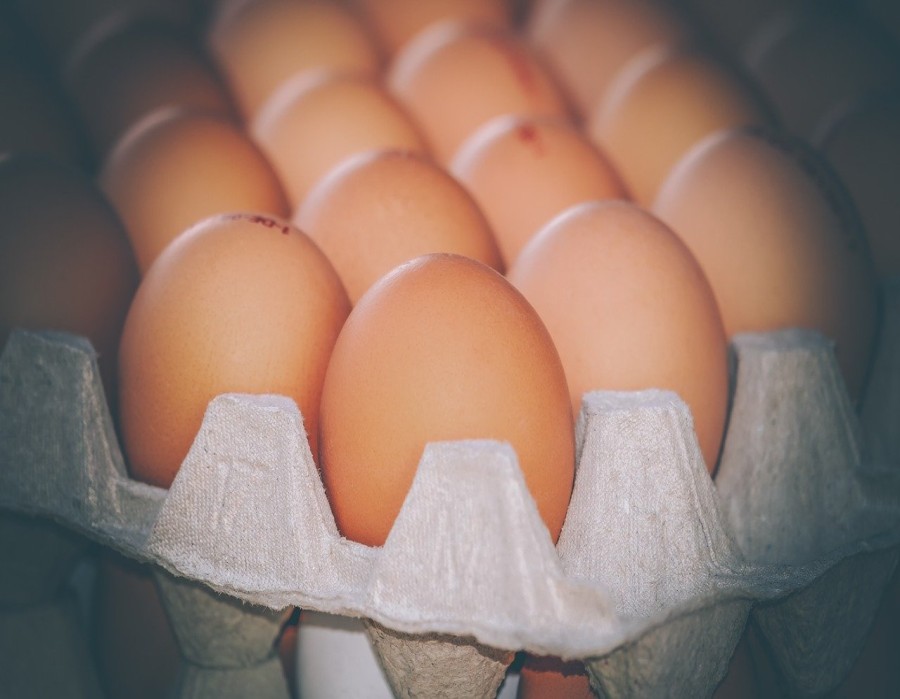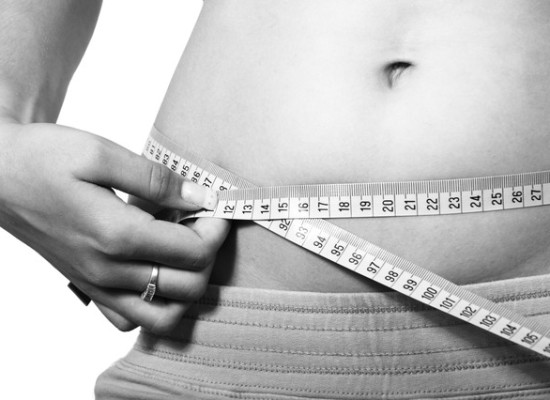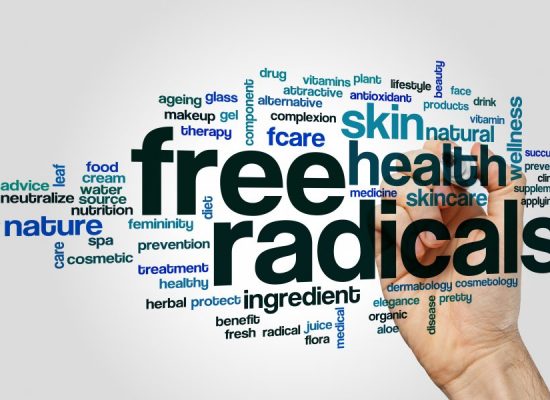
All About Eggs
(The REAL Truth!)
We love eggs…they’re one of our primary “go to” foods! I hope you’re not still stuck on them being bad for you or confused as to which kind to buy? If so, you’re not alone and it’s time to get you up to speed in this helpful post that is all about eggs!
Are Eggs Bad for You?
Several decades ago, the reputation of eggs was crushed. But, it was a totally unfair bashing.
The reason eggs were villainized had to do with cholesterol. Understandable, since one egg contains 213 mg or two-thirds of the recommended daily allowance of cholesterol.
Back then, scientists believed that all cholesterol was a primary cause of the heart disease that was plaguing Americans. Fast forward to 2000, and opinions changed as a result of new research. Scientists found that it wasn’t the cholesterol in food that was bad, but the cholesterol in the blood that is caused by saturated fats. So, the American Heart Association changed its tune, cleared eggs’ reputation, and revised their dietary guidelines to allow healthy adults to eat one egg guilt free every day.
This is GREAT news! Eggs are a convenient “high quality” protein source based upon their nutritional qualities. One egg has only 75 calories, but 7 grams of high-quality protein, 5 grams of fat (only 1.6 grams of which are saturated), as well as iron and various vitamins, minerals, and essential amino acids. Nutritionists consider them to be a superfood.
What Kind of Eggs are Best?
Cage free? White or brown? Real eggs or Egg Beaters? Organic or regular? Omega-enriched? It’s enough to make your head spin. I’m sure you notice the big price increases that come along with all the “designer” labels, so I wanted to find out if we were getting what we were paying for.
I did a little online research and came up with this (unscientific) ranking of the order in which I will be purchasing eggs from now on based upon their nutritional value:
- Pasture-raised chicken eggs raised by a local farmer
- Organic eggs from the supermarket (we just have to hope the FDA is enforcing the whole “organic” thing)
- Cage Free / Free Range from the supermarket (sadly, this is not as big of a deal as I once thought…”cage free” chickens may never see the light of day and “free range” isn’t regulated enough to mean much of anything)
Terms that mean pretty much nothing other than savvy marketing and don’t deserve any extra investment:
- “Farm Fresh” or “Farm Raised” (all chickens are raised on “farms”!)
- “Humanely Raised” (too generic to mean much of anything)
- “Natural” (not regulated enough to mean much of anything)
- “Hormone Free” (ALL eggs AND chicken meat are hormone free based on federal regulations)
Is Egg Beaters Good or Bad?
Revised dietary guidelines make Egg Beaters pretty unnecessary, unless you’re wanting to eat more than an egg a day on a regular basis. Each serving contains 5-6g protein, 25-35 calories, and 0-1g fat (of which 0-0.5g saturated fat) and is still considered a “high quality” protein. Steer clear of the flavored ones as they tend to have too much sodium and/or other unsavory ingredients.
Being that it’s awfully difficult to hard boil Egg Beaters, I’m not a huge fan.
A Few Parting Words
We hope you feel like you know all about eggs now! Oh, one more thing—if you’re not sure how fresh your eggs are, throw them in a bowl of water. If they float, they’re not so fresh. Go for the sinkers!
We highly suggest you add eggs to your “go to” food list. Hard boiling a big batch is always part of my weekly food prep. If you’d like to learn even more about eggs, this was my favorite resource article — “Supermarket Eggs: You’re Being Conned by Ridiculous Labels.”
If you have any questions, just click!



